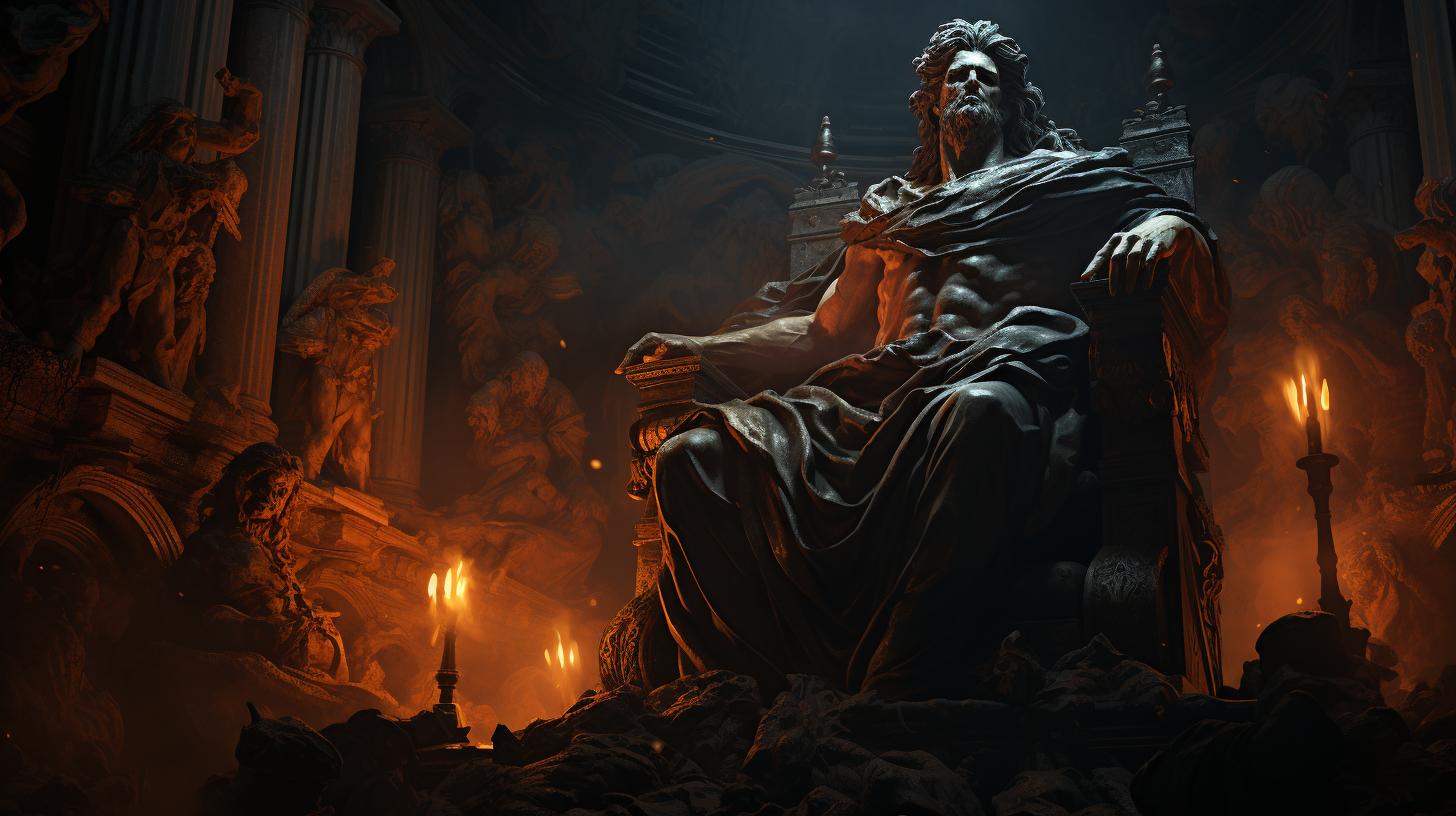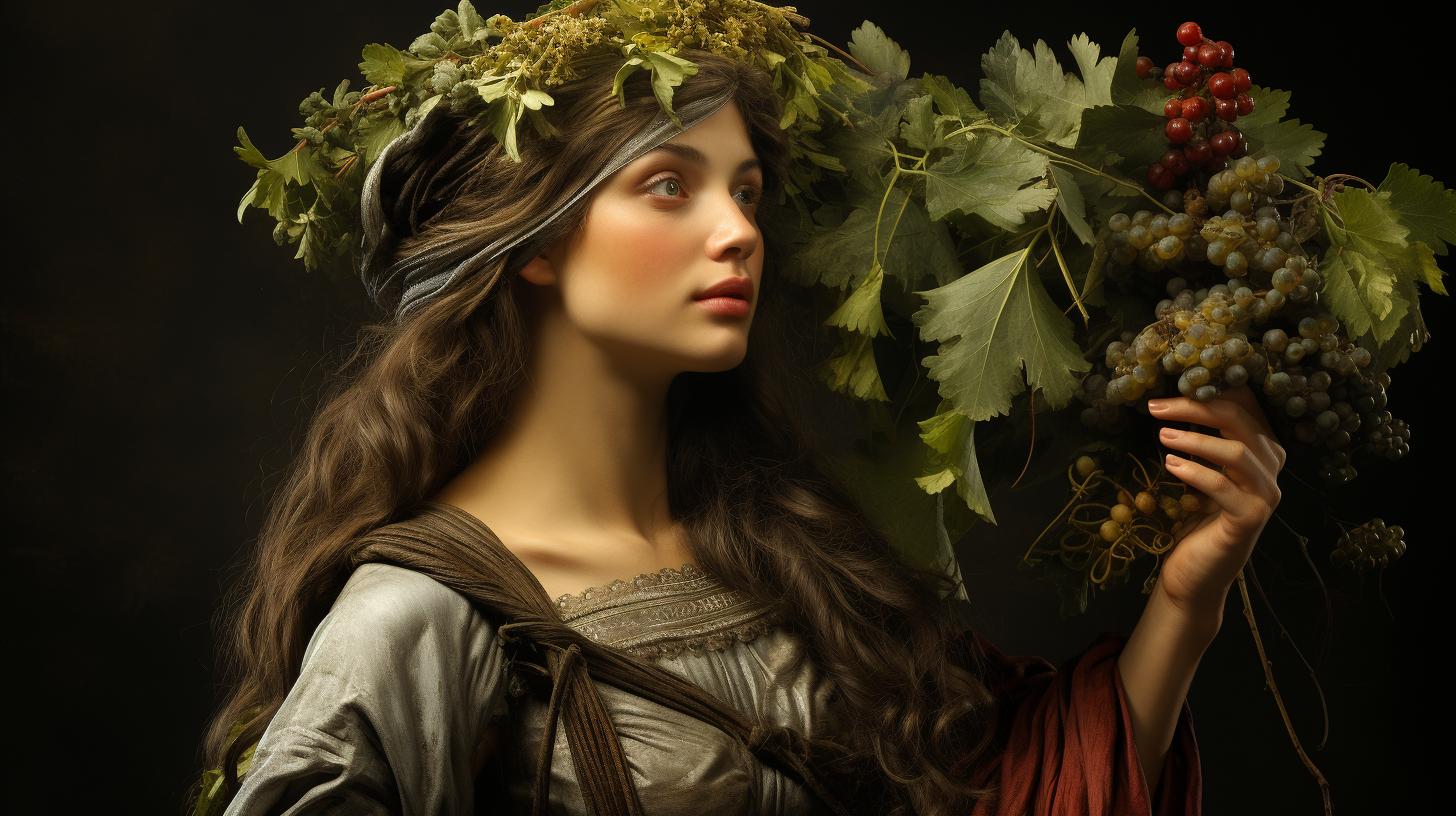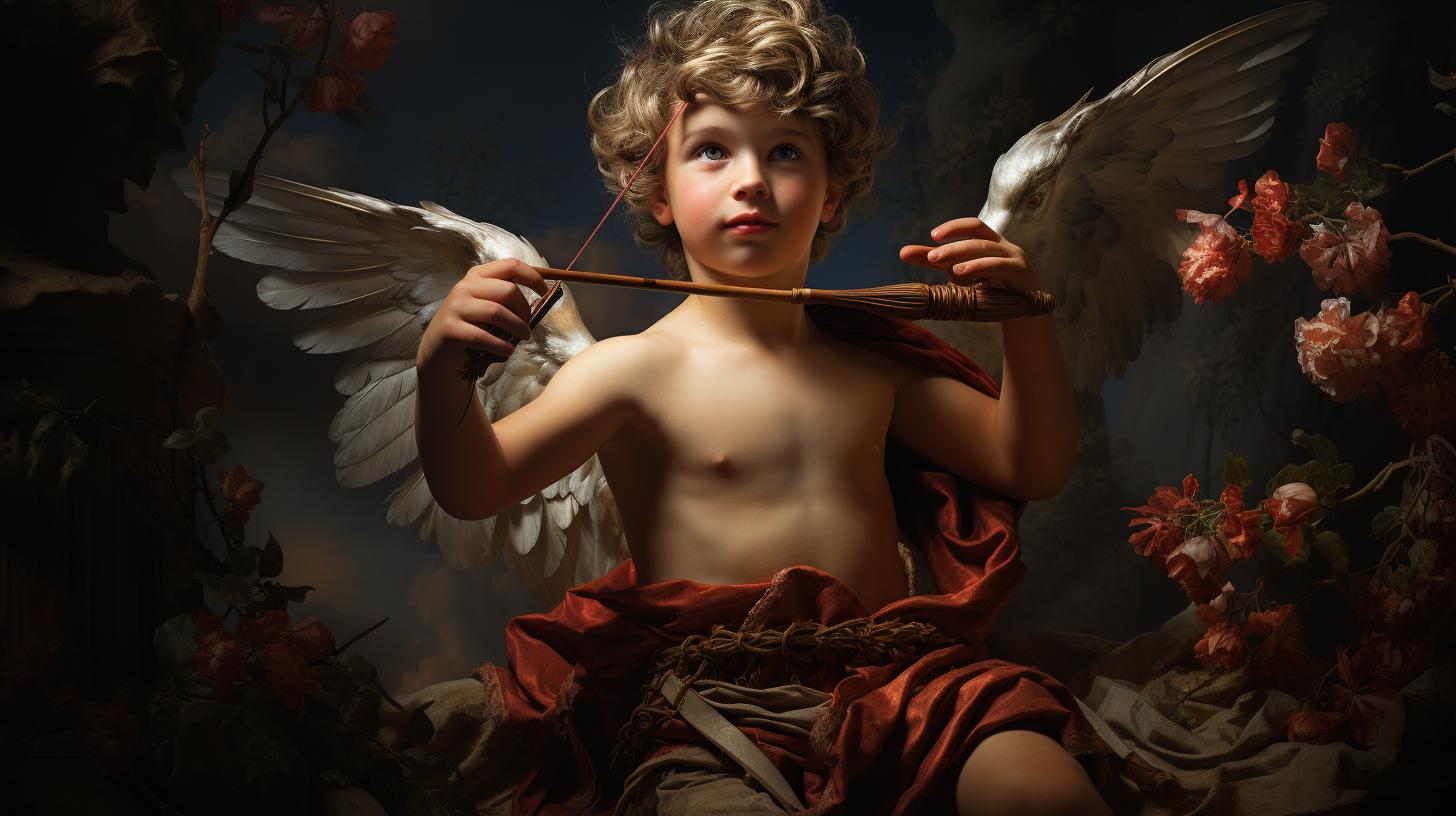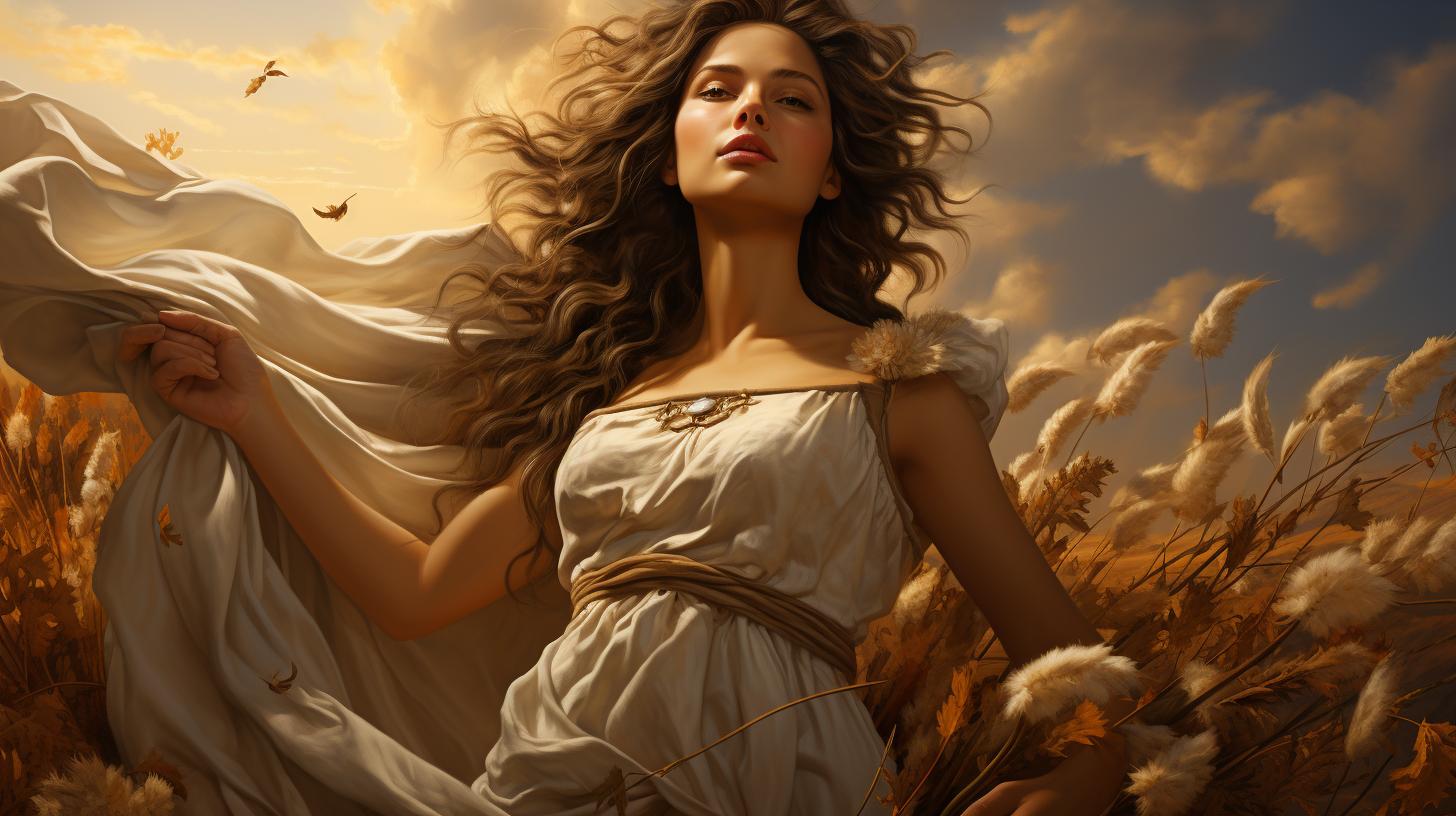Roman God Saturn: The Agricultural Wealth and War Deity
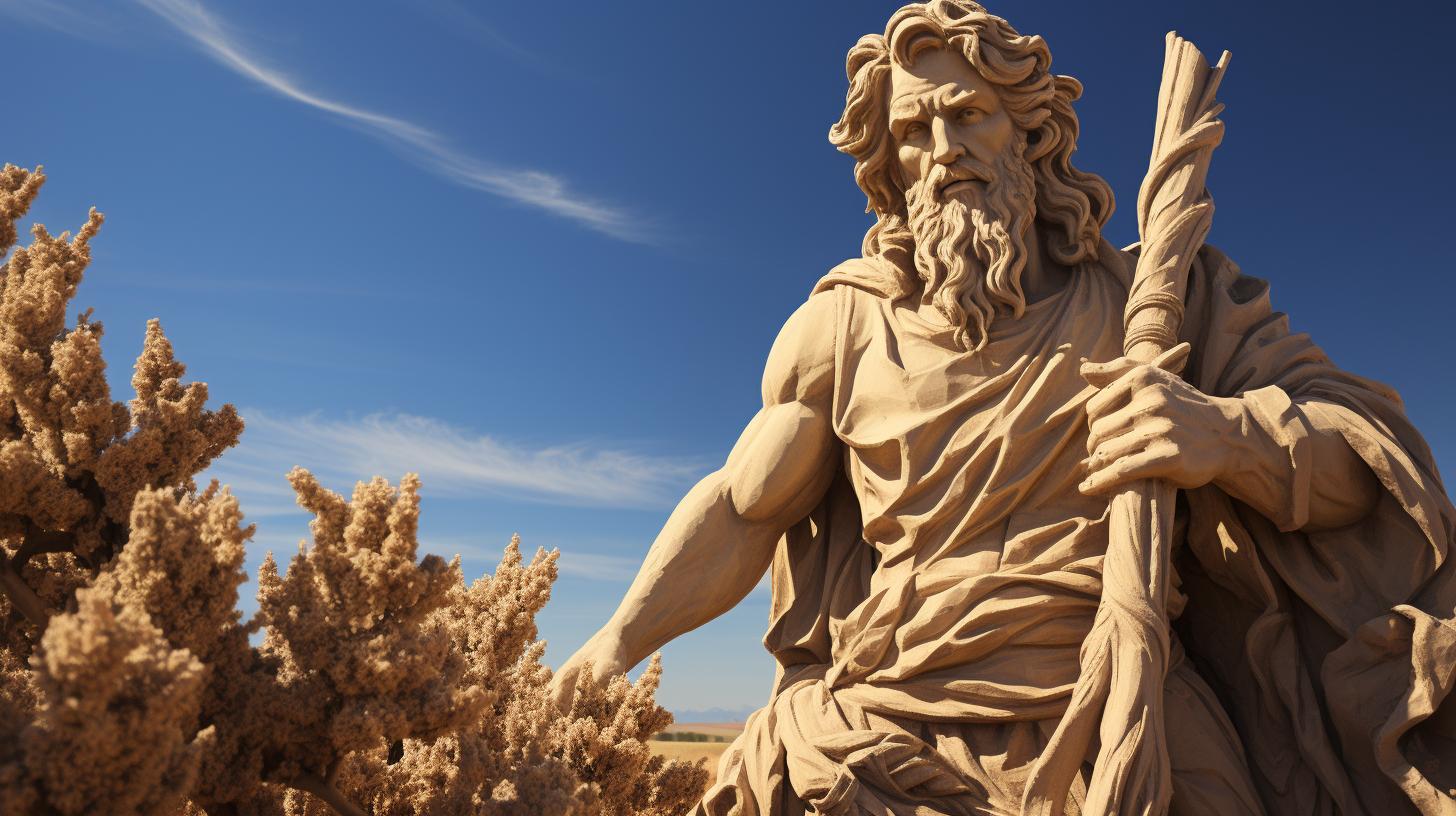
In Roman mythology, Saturn was revered as a god associated with agriculture, wealth, and war. Often depicted holding a scythe symbolizing agriculture, Saturn was closely linked to the Greek Titan Cronus.
The festival of Saturnalia was dedicated to honoring Saturn, where festivities and celebrations took place. Within Greek and Roman mythology, Saturn was known as the father of Jupiter and held a significant role in the divine hierarchy.
Explore the origins, associations, and significance of the Roman god Saturn in this article.
Mythology
The mythology section explores the origins and prominent associations of the Roman god Saturn. Discover the significance of Saturn in Roman religion and his connections to Greek and Roman mythology.
Learn about the festival of Saturnalia celebrated in honor of this agricultural deity.
Mythology
The mythology surrounding Saturn, the Roman god, encompasses various fascinating aspects that shed light on his origins, associations, and significance in Roman religion and Greek and Roman mythology. This section delves into the intriguing narratives and rituals associated with Saturn, providing insight into his role and importance in ancient Roman culture.
Origins and Associations
Exploring the origins and associations of Saturn offers a glimpse into the ancient beliefs and connections associated with this deity. Saturn’s association with the Greek Titan Cronus highlights his significance as a powerful figure in both Roman and Greek mythologies.
The similarities and differences between the two deities contribute to the rich tapestry of Saturn’s character.
Saturn in Roman Religion
In Roman religion, Saturn held a prominent position as the god of agriculture, wealth, and war. His symbol, the scythe, represented the agricultural aspect of his divine influence. As a deity of prosperity, Saturn played a crucial role in the lives of the Romans, who worshipped him fervently and sought his favor for abundant harvests and economic prosperity.
Saturnalia: The Festival of Saturn
The celebration of Saturnalia, a festival dedicated to Saturn, showcased the Romans’ deep veneration for this god. During this joyous festival, social norms were temporarily overturned, and people engaged in feasting, gift-giving, and revelry.
Saturnalia served as a time for merriment and communal celebration, emphasizing Saturn’s role as a deity of abundance and festivity.
Saturn in Greek and Roman Mythology
Saturn’s association with Cronus in Greek and Roman mythology further accentuates his significance. The complicated relationship between Saturn and his son Jupiter highlights the generational dynamics within the divine hierarchy.
These mythological narratives provide insight into the complexities of Saturn’s character and his place in the larger pantheon of gods.
Saturn’s Association with Cronus
The association between Saturn and Cronus explores the parallels and distinctions between these two powerful deities. Saturn’s role as the father of Jupiter and his involvement in the divine conflicts add depth to his character and illuminate the fascinating connections between different mythological traditions.
Saturn and Jupiter: Father and Son
The intricate relationship between Saturn and Jupiter reveals the complexities of divine kinship in Roman and Greek mythologies. The conflicts and alliances between these two deities played a significant role in shaping the mythological narratives and the divine order.
Understanding this dynamic provides valuable insights into Saturn’s role in the pantheon.
….











